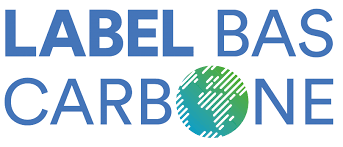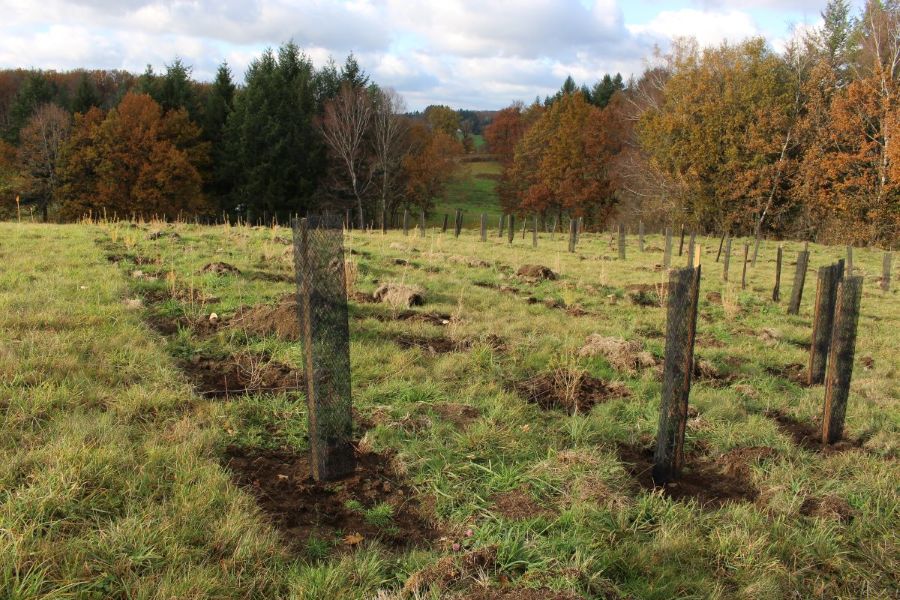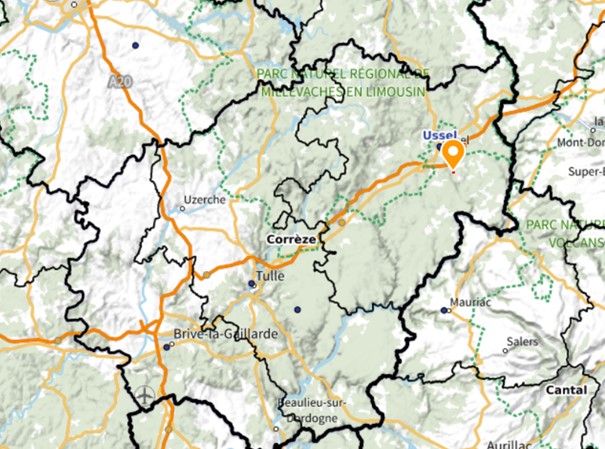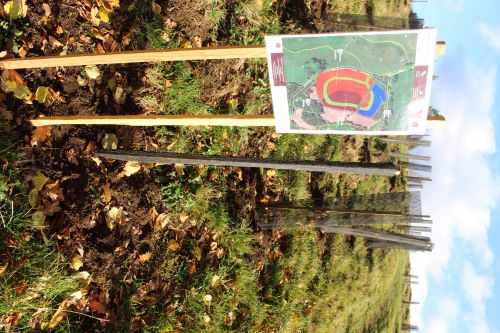Afforestation Saint-Exupéry-les-Roches

Auzou With Up2Green reforestation
Editions Auzou, together with Up2Green Reforestation, have contributed 751 tonnes of CO2 to the afforestation project in Saint-Exupéry-les-Roches. These will be verified at the end of the audit carried out 5 years after planting.

DEMOPOLIS CONCERTATION
Demopolis Concertation, have contributed 15 tonnes of CO2 to the afforestation project in Saint-Exupéry-les-Roches. These will be verified at the end of the audit carried out 5 years after planting.




